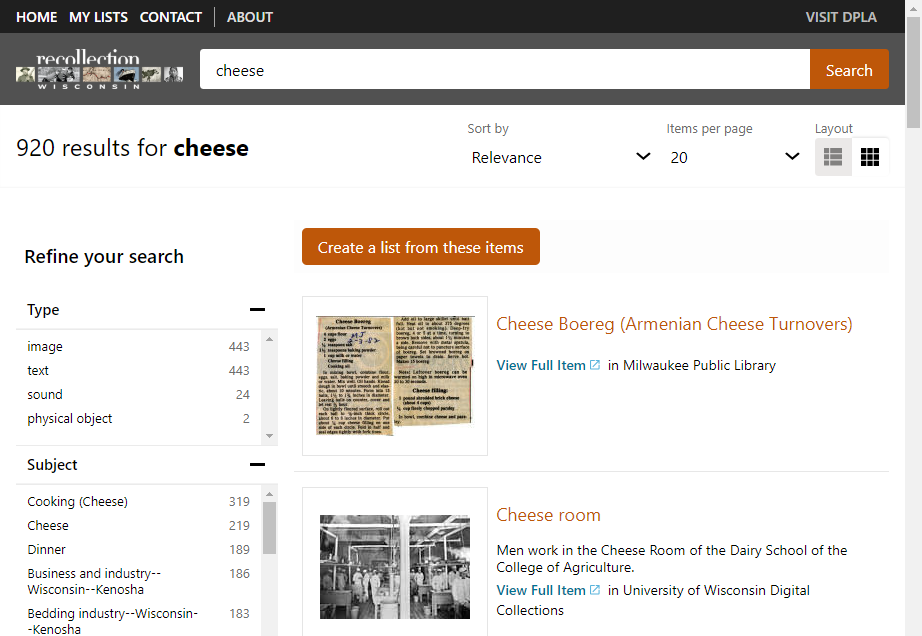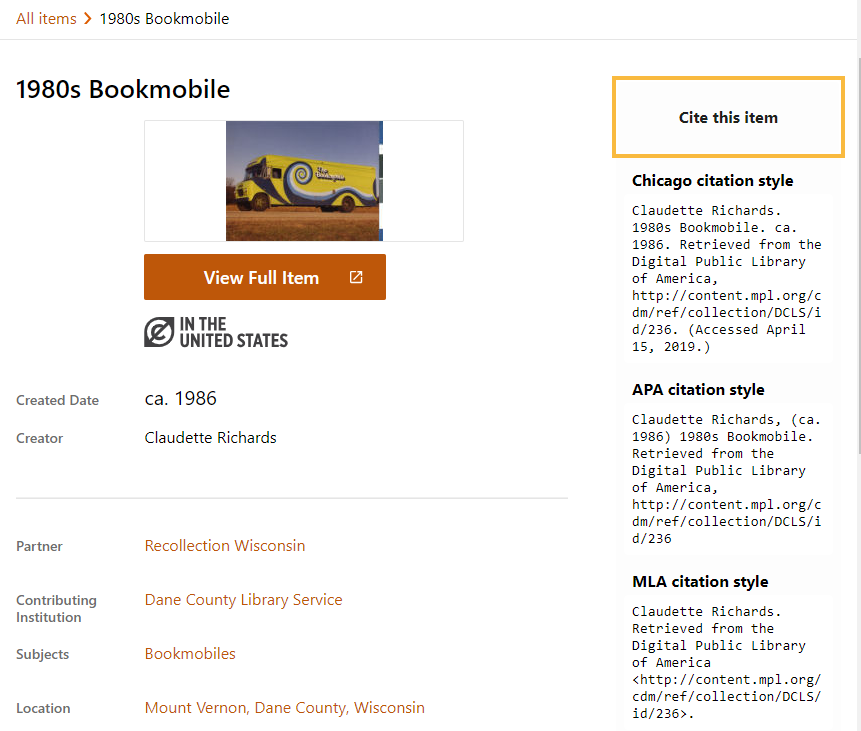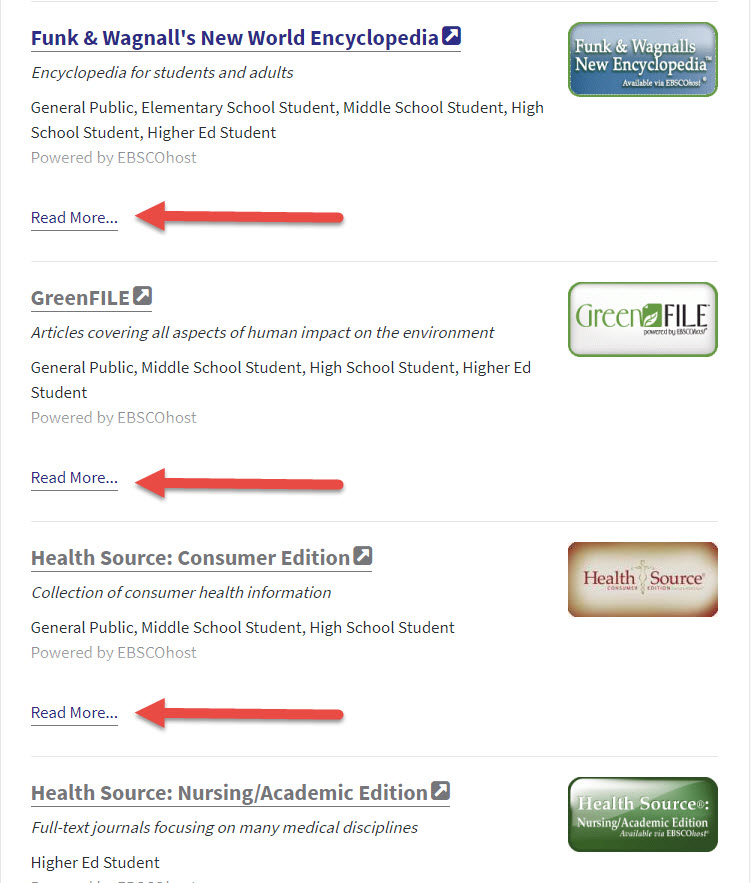Guest Post: Meet Recollection Wisconsin's New Search!
Guest post written by Emily Pfotenhauer of WiLS
Recollection Wisconsin recently launched a new and improved central search interface for their digital collections. Through this new search, you can find state and local history resources as well as materials from across the country and around the world, all from the collections of dozens of Wisconsin libraries, archives, historical societies and museums.
This new interface was created for Recollection Wisconsin as a benefit of their partnership with the Digital Public Library of America. In fact, Wisconsin is the first DPLA member in the country to launch a “DPLA Local” site. The search portal uses the same code DPLA developed for their own dp.la portal, which means Recollection Wisconsin users can benefit from handy features like auto-generated citations and the option to save custom lists.

The new search also uncovers resources about Wisconsin from other DPLA contributors around the country. For example, did you know that the New York Public Library has a great collection of stereographs of the Wisconsin Dells, photographed by H. H. Bennett? Or that the National Archives holds thousands of photos of Wisconsin landscapes from the U.S. Department of Agriculture?
The DPLA Local interface replaces the search portal created for Recollection Wisconsin in 2005 by UW-Madison Libraries. Recollection Wisconsin is grateful to UW-Madison for their many years of support to centralize access to Wisconsin’s digital collections and for their continued quarterly metadata harvests to update and refresh the data in the new system.

Give the new search a try and let Recollection Wisconsin staff know what you think!
Recollection Wisconsin is a consortium administered by WiLS and managed by seven Governing Partners: WiLS, Wisconsin Historical Society, Wisconsin Department of Public Instruction, University of Wisconsin-Milwaukee, University of Wisconsin-Madison, Milwaukee Public Library and Marquette University. Primary support for Recollection Wisconsin is provided by the Wisconsin Department of Public Instruction, which administers Library Services and Technology Act (LSTA) funds distributed by the federal Institute of Museum and Library Services (IMLS).




 The Inclusive Services Assessment and Guide for Wisconsin Public Libraries was produced by the Public Library Development Team. The beta version was released in Fall 2018, and the final version will be released in Spring 2019.
The Inclusive Services Assessment and Guide for Wisconsin Public Libraries was produced by the Public Library Development Team. The beta version was released in Fall 2018, and the final version will be released in Spring 2019.